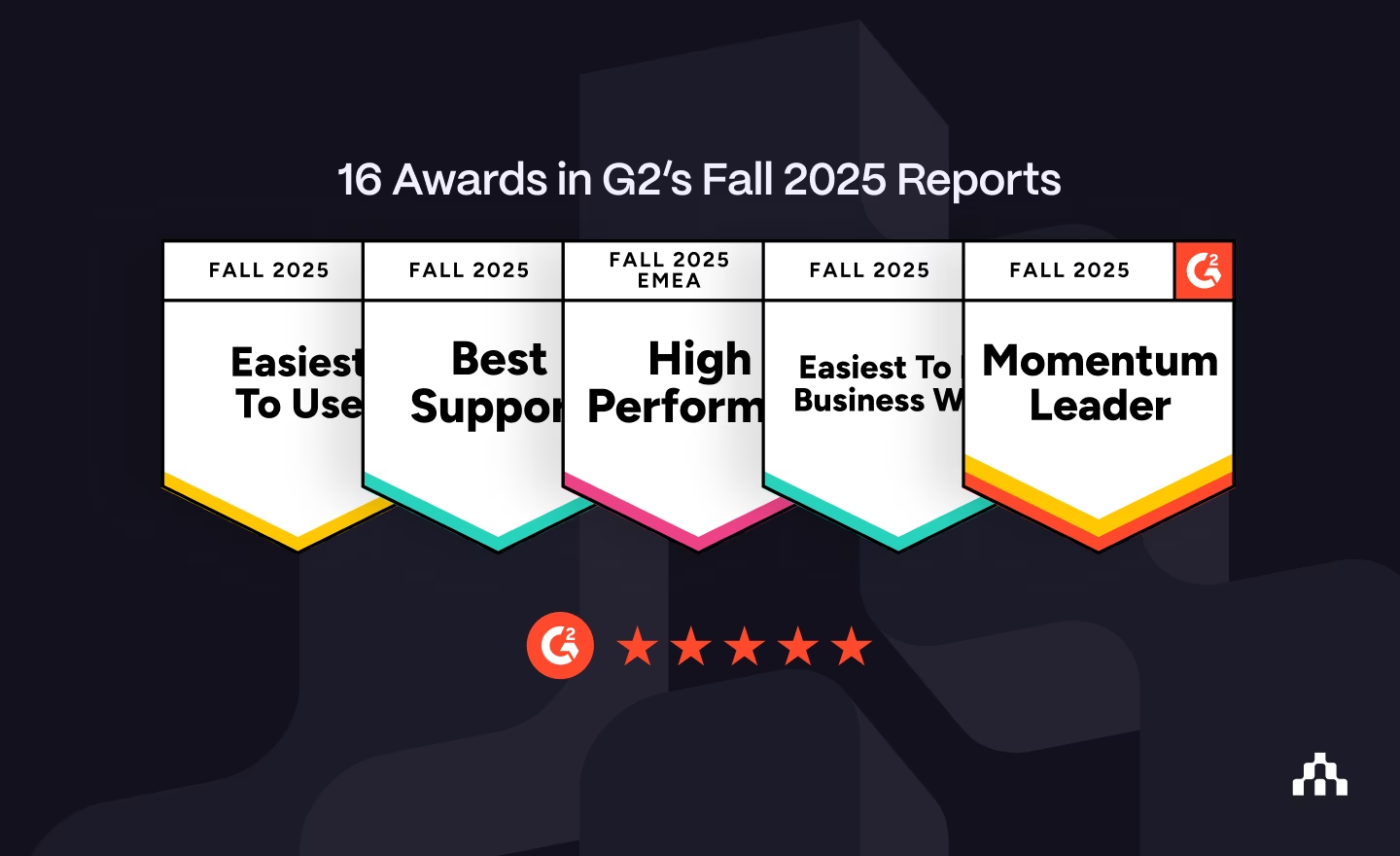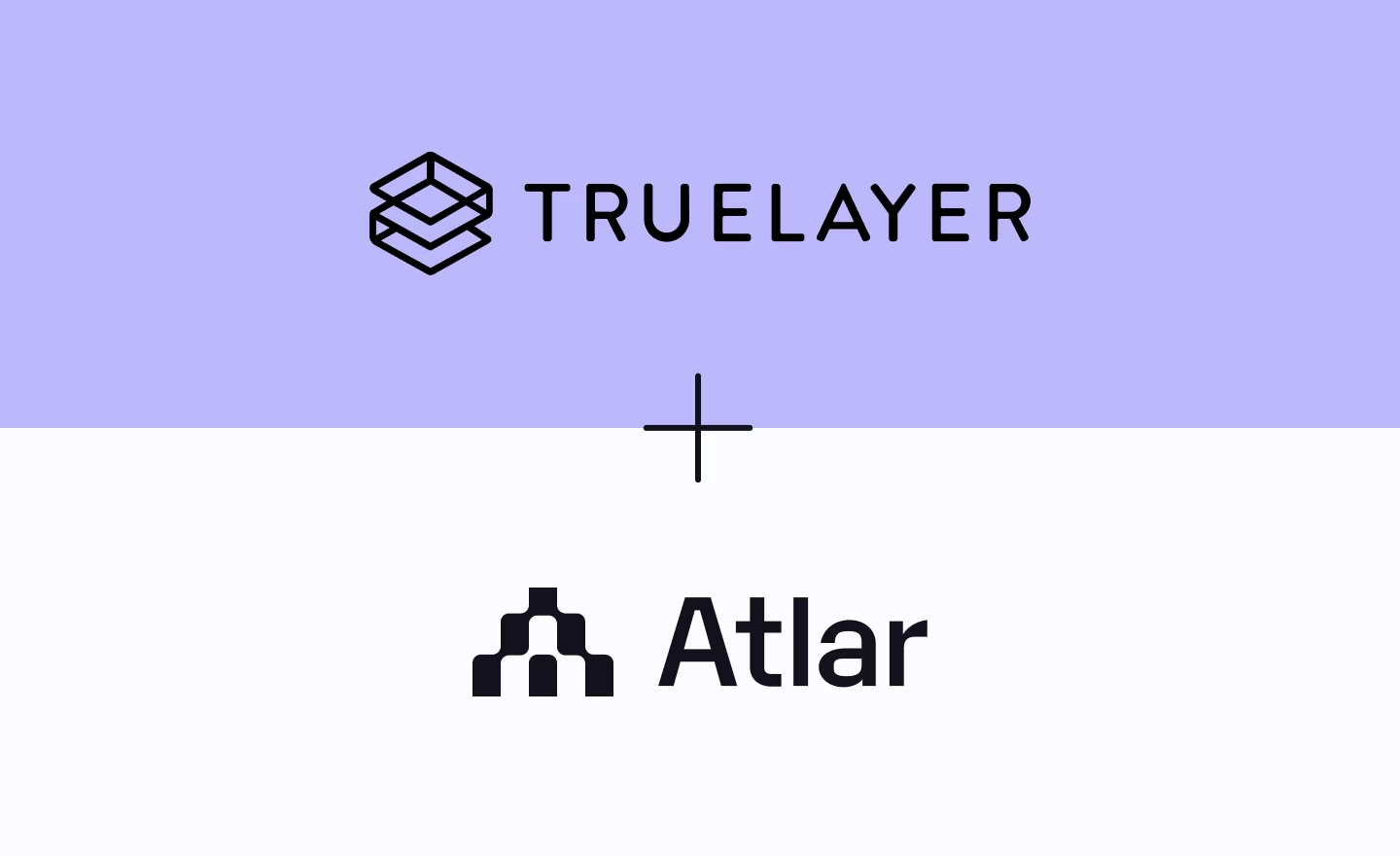
Three Ways Companies Handle Bank Payments—and Why They Don’t Work
A new breed of tech companies across a range of industries, from lending to insurance and marketplaces, have to process and reconcile large volumes of bank payments as a core part of their business. This is proving to be a challenge for many. With payment needs shifting from batch-based to real-time, the technical and operational complexity is increasing as companies increasingly need to upgrade their infrastructure to manage bank payments efficiently.
Before Atlar
Until recently, businesses broadly had three options for managing bank payments at scale.
Scale a finance team
In the early days, companies often handle bank payments manually. That means having a finance team create and monitor transactions within a bank’s online platform and match line items one by one with internal books. Alternatively, companies access banking services and reconcile bank statements via a legacy accounting software provider. These options offer a poor user experience and are prone to human error.
Things get increasingly complex as a growing company must deal with larger payment volumes, expand to new markets, and onboard new banking partners. At this stage, companies need to think of ways to automate bank payments.
Use a payment service provider (PSP)
PSPs sit in the flow of funds, meaning money moves through their bank accounts. They assist inholding customers’ funds, initiating payouts, and accepting payments via an API. PSPs bear credit risk and take care of compliance on the customer’s behalf.
Even so, PSPs come with several drawbacks. Many have limited geographical reach and are costly due to the bearing of credit risk. Companies can also lose control over their own onboarding and payment flows as PSPs conduct KYC checks and own more of the customer experience. Lastly, businesses will have to weather slower receivables turnover due to rolling reserves and delayed settlement from PSPs.
Build custom integrations
As an alternative to using a PSP, some companies choose to build internal software that connects directly to banks’ cash management channels, such as SFTP, EBICS, or via API.
Building bespoke integrations is time-consuming, requires significant engineering resources, and demands deep knowledge of banking and payments. Features such as approval workflows, audit logs, role-based access rights, counterparty management, and webhooks for real-time notifications all need to be baked in from the start. For most businesses, the opportunity cost of building this infrastructure internally is just too high – it eats up capital, time, and diverts focus away from the core business.
Enter Atlar
Atlar saves businesses from manually managing bank payments, paying substantial fees to PSPs, or wasting engineering hours on non-core functionality. Thanks to pre-built bank connections and the platform we’ve designed to manage them, Atlar takes care of all the complexity to let you fully automate and manage your payment flows.
By connecting to the Atlar API you can automatically initiate credit transfers and direct debits, reconcile incoming payments, monitor balances across bank accounts, and track the status of payments live via webhooks. Meanwhile, the Atlar Dashboard lets finance teams easily track cash balances, monitor cash flow, configure users and roles, set up approval workflows, and manage counterparties.
Atlar provides an off-the-shelf solution that automates bank payments at scale and lets you focus on the core business activities that really matter.
See it for yourself
Interested in automating your payment or treasury operations? Get in touch with us here and we'd be delighted to show you the platform in action.
You can unsubscribe anytime.






